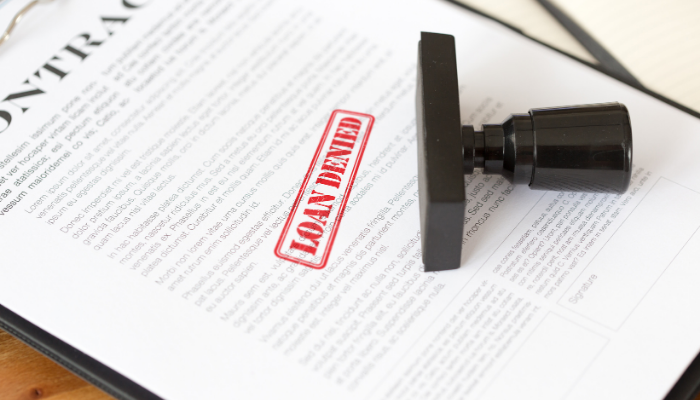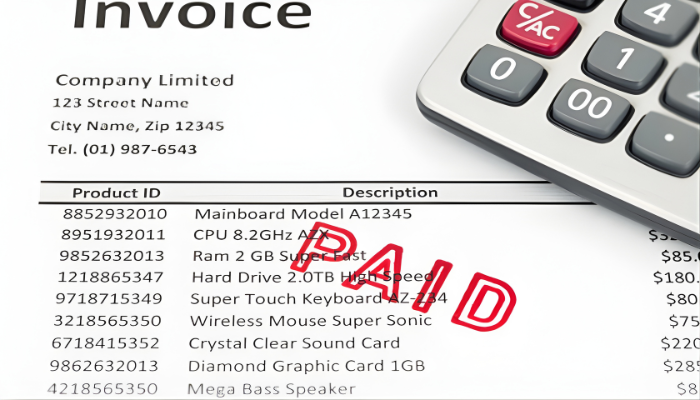
Was your loan application denied by the bank? If so, you are definitely not alone. Only about 20 percent of all bank loan applications are approved these days. This is one reason why invoice factoring has become a more popular option for companies that cannot get, or do not want, a bank loan or line of credit.
So, the question is: "Can I factor if a bank denied me a loan?" The answer is, in most cases, yes.
Why are so many loan applications denied by banks?
Banks assess all loan applications on the basis of risk. They want to know that the money they lend to a business or individual is going to be repaid in a timely manner. That is why the loan application process can be so long and involved, especially for a business.
When a bank assesses a business loan application, they look at several things. They want to know the business is reliable when it comes to making debt payments on time. They want to know that the business is well established and has enough history to show they are stable. The bank will also want to assess the financial standing of all the business owners. If even one of the business owners has a spotty personal financial history, it can derail the loan for the entire business.
If your company is just getting started, has not always been reliable with making payments, or has owners that are not completely creditworthy, the chances of getting a bank loan is actually quite slim.
How is factoring different?
Getting approved for factoring works a bit differently than getting a bank loan. Let's be honest though. The factoring company does assess the credit risk the business poses, but it also considers the quality and amount of the accounts receivables the business currently holds.
The factoring company is going to make its money on the accounts receivable that each client turns over for them to handle. They get fees for every invoice they factor. If the factoring company finds that the receivables are of sufficient quality and amount, they will likely approve the business' application for factoring.
What fees are associated with factoring?
A business that does have a spotty credit history or has not been in business that long may end up paying more in factoring fees than a better established business would. However, many factoring companies will lower those fees over time, especially if the quality and amount of the receivables continues to improve.
There are usually two kinds of fees involved with factoring:
- Set-up fees are a flat charge for each invoice accepted by the factoring company.
- Factoring fees are a flexible charge that varies according to the invoice amount, the creditworthiness of the invoice customer, and how long the invoice remains unpaid.
The set-up and factoring fees will vary from business to business. It depends on the number of invoices funded by the factoring company, the total amount of those invoices, the industry the business is in, and the creditworthiness of the business.
Do the fees associated with factoring compare to bank financing?
It is difficult to compare bank financing rates with the fees associated with factoring. Bank financing is a percentage, charged on the amount borrowed. That percentage rate can vary depending on the bank loan amount and the repayment period. Factoring, on the other hand, is a transaction expense. The factoring company is going to charge certain fees for each invoice involved.
It really comes down to whether the cash you get will generate more business than the factoring fees involved. If you can use that cash to take on more clients, sell more products, or expand your business in other ways, you may find the factoring fees are quite reasonable.
Don't let a loan application denial stop you from getting cash flowing into your business. Now is the time to explore factoring as a way to finance your business growth and expansion.

















